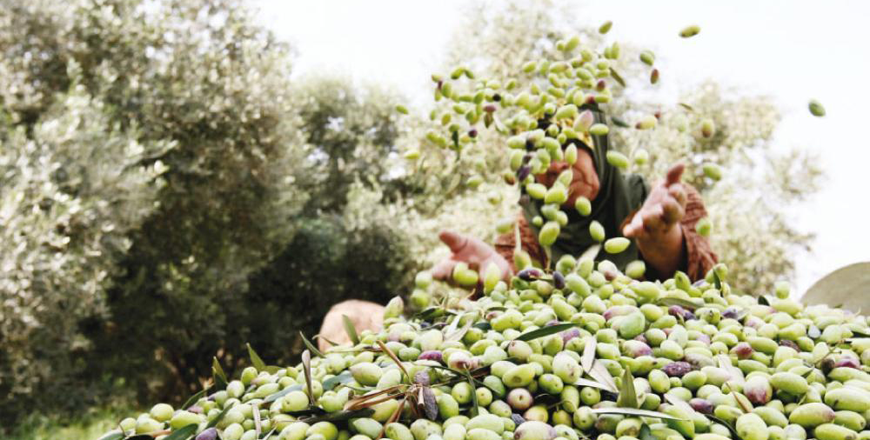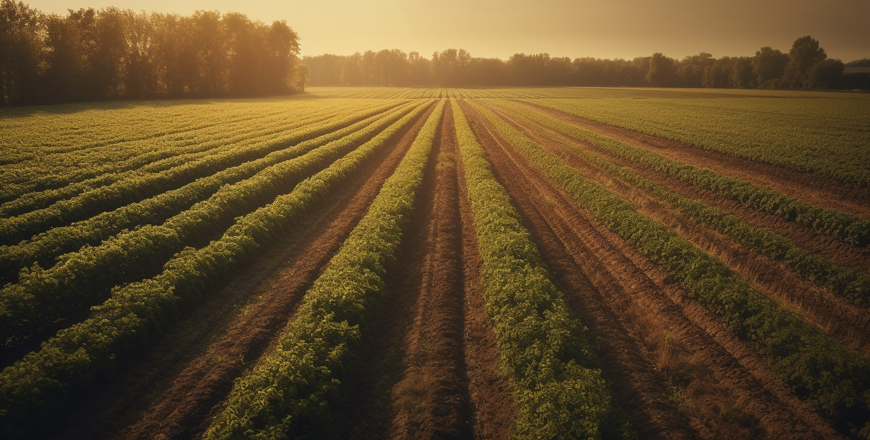You are here
DoS data show Jordan’s self-sufficiency in some basic food items
By JT - Oct 15,2014 - Last updated at Oct 15,2014
AMMAN — The average Jordanian derived 87 per cent of his/her daily calorie intake from plant produce in 2013, according to preliminary data prepared by the Department of Statistics (DoS).
According to DoS, Jordan has achieved self-sufficiency in some basic food items despite the presence of a food gap in others.
Tomatoes topped the self-sufficiency table of food items, followed by olive oil and olives.
At the other end of the table, wheat scored the lowest rate of self-sufficiency, followed by barley.
Related Articles
AMMAN — Food production in Jordan has increased by 23.8 per cent over the past decade (2013-2022), according to data from the Food Budget Su
AMMAN — On his farm in Irbid in northern Jordan, Barakat Omari gazes out upon his olive grove, a legacy passed down from his father. However, his countenance is marked not by tranquillity, but by concern. The grove’s 400 olive trees, some with roots reaching deep into the past century, no longer produce as they once did. The culprit? A subtle but relentless adversary: climate change.
AMMAN — The Kingdom's reliance on its agricultural outputs has increased despite climate challenges and limited irrigation resources, Secret



















